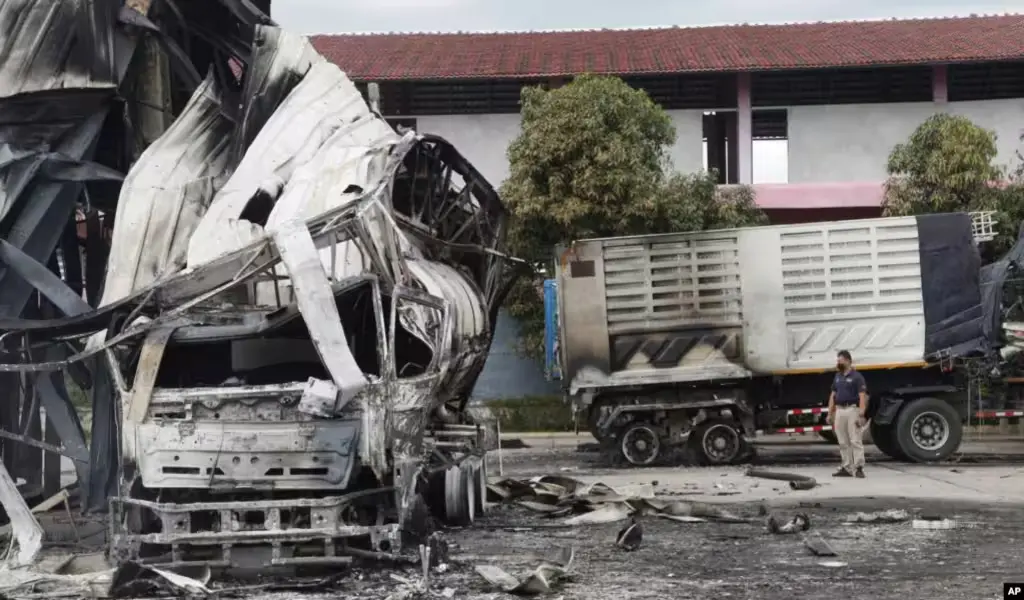(CTN News) – Thailand has recently decided to lift emergency rule measures in certain districts of its restive southern provinces. This region, plagued by a long-standing Muslim insurgency, has been under these emergency measures for nearly two decades.
The emergency decree has been controversial due to allegations of human rights abuses. This article explores the reasons behind this decision, its impact on the local population, and the broader implications for peace negotiations.
The Background of the Emergency Rule
In 2005, Thailand imposed an emergency decree in its three southernmost provinces, which have a significant majority of ethnic Malay Muslims. This decree granted security forces the power to detain suspects without charge for up to 30 days and provided them with legal immunity for actions taken in the line of duty.
Additionally, it gave the government broad authority to censor news and information. Alongside the emergency decree, martial law and the Internal Security Act were also imposed in these regions.
Over the years, Thailand had gradually lifted the emergency decree in 10 districts, making the recent decision to end it in three more districts in each of the three southernmost provinces.
Decrease in Insurgent Attacks Prompts Emergency Rule Lifting
The government’s spokesperson, Rudklao Intawong Suwankiri, stated that the decision to lift the emergency decree in these districts was based on a significant reduction in violent incidents in recent years.
While more than 7,300 people have lost their lives and 13,600 have been injured in the insurgency since 2004, there has been a steady decline in violent incidents, from 1,850 in 2012 to just 158 in the past year.
Deputy Prime Minister Somsak Thepsutin, who chairs an advisory panel on the emergency law, expressed hope that more districts might follow suit in the coming year.
Human Rights Concerns and Critics of the Emergency Decree
However, the emergency decree has come under intense criticism for enabling human rights abuses, with critics arguing that it has shielded police and soldiers from accountability for alleged misconduct.
Amnesty International and other human rights groups have documented alleged torture and ill-treatment of detainees, causing suffering among the local population.
The U.S. State Department’s 2022 human rights report on Thailand noted that “official impunity continued to be a problem, especially in the southernmost provinces.”
Ongoing Challenges and Implications for Peace Negotiations
Some see the decision to lift the emergency rule in these districts as a positive step forward. Nevertheless, several laws with enhanced security provisions, including martial law and the Internal Security Act, still remain in place.
To address the situation more comprehensively, Amnesty International and others have urged Thailand to revoke all three laws across the southern region and adhere to the civilian legal code.
While the government’s move may have support from some Buddhists in the area who view the emergency decree as a source of safety, it remains a contentious issue with many human rights advocates.
The ongoing insurgency in southern Thailand has been the subject of sporadic peace negotiations. Still, the recent lifting of the emergency rule in only a few districts may not significantly impact the peace talks, as it falls short of signaling a substantial shift in the government’s approach to addressing the insurgency and human rights concerns.
In conclusion, Thailand’s decision to lift the emergency rule in specific districts of its restive southern provinces is a mixed development that signifies a decrease in insurgent violence but is met with lingering concerns about human rights and the need for a more comprehensive approach to peace and security in the region.






